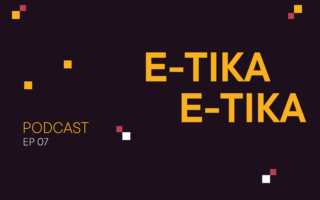What's
KInIT presents its stance on Generative AI
In spring 2021, the European Commission introduced the first EU comprehensive law on artificial intelligence known as the AI Act or AIA. In the following years, the Council of the EU and the European Parliament published their positions on the original proposal. However, the underlying philosophy of the AIA remains.
The AIA adopts a risk-based approach, classifying AI systems based on their potential impact on health, security, fundamental rights, and freedoms. Providers of AI systems deemed high-risk are obligated to implement processes aimed at mitigating potential biases, ensuring human oversight, and maintaining robust data quality and governance practices. These obligations must be documented as part of the conformity assessment process.
In the original proposal, generative AI systems were not explicitly categorized as high-risk, and they remained unregulated. However, given the introduction of such systems to the public sphere, regulators now seek to establish rules governing their operation.
In this context, we are presenting our positions on specific aspects of the regulation of general-purpose AIs, foundation models, and generative AI systems, as proposed in the positions of the European Parliament and the Council regarding the Artificial Intelligence Act.
Our primary concerns revolve around the correct definition of general-purpose systems, foundation models, and generative AIs. Additionally, further recommendations are made to prioritize addressing short-term risks, enhancing transparency, safeguarding privacy and data governance, ensuring ex-ante auditability, and establishing effective regulatory oversight. We are also proposing know-your-customer checks.
You can read our full stance here.


